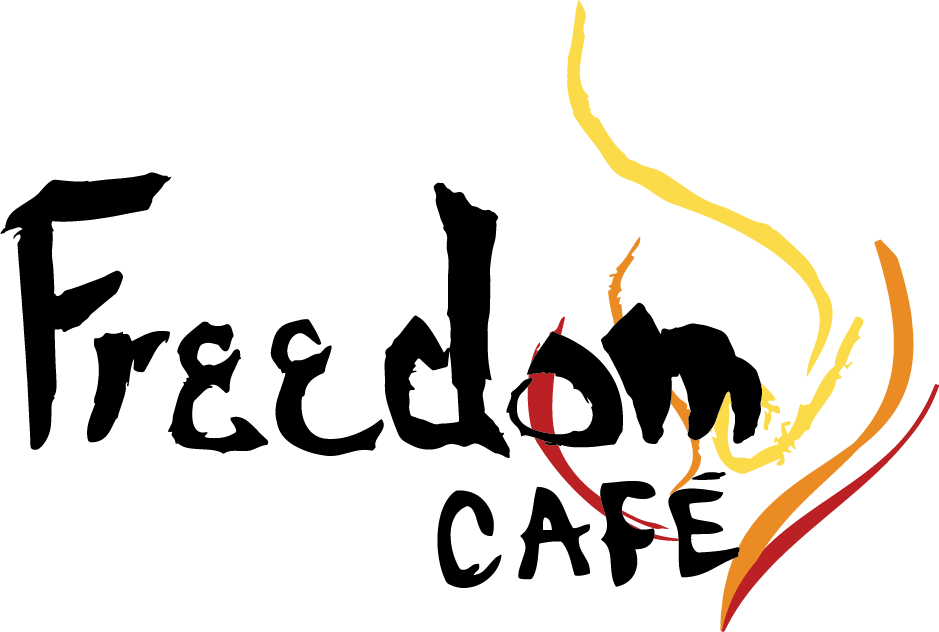learn: Human Trafficking 101
“Trafficking in persons is an insult to human dignity and an assault on freedom. Whether we are talking about the sale of women and children by terrorists in the Middle East, the sex trafficking of girls lured from their homes in Central Europe, the exploitation of farm workers in North America, or the enslavement of fishermen in Southeast Asia, the victims of this crime each have a name. And they each have been robbed of their most basic human rights.”
Human Trafficking comes by many names and comes in many forms. What is clear is this: all around the globe, millions of people are bought, sold, and transported for the benefit of their oppressors. Often times, traffickers target society’s most vulnerable: young women, children, and impoverished persons. Some are forced to work in fields and factories, others in brothels and on street corners. In all cases, through force, fraud, or coercion, they must perform grueling labor or commercial sex acts with little hope of rescue.
At an estimated 150 billion dollars per year, the income generated by the trafficking industry is the second largest source of illegal income in the world. To put that into perspective, human trafficking generates 5 times the annual income of Google, Starbucks and Nike combined. There is a major need for funding, research and front-line training to combat this global crime. Law enforcement, social work programs, and health and aftercare workers everywhere are significantly under resourced and under financed.
The issue of human trafficking, modern day slavery, or commercial exploitation is not a foreign issue only. It's important to know that there have been human trafficking cases in all 50 of the United States, including New Hampshire. Not only is this a global atrocity, but it is a growing problem without enough support in our local communities as well.
Awareness about this issue has grown in past years, but much work still needs to be done to bring about a change in our world. Unfortunately, much of what drives human trafficking is demand: for illegal sex, for inexpensive clothing and electronics, for higher profit margins. Companies in the chocolate, clothing, fishing, and coffee industries, to name but a few, have used trafficked labor in recent years. As responsible consumers and citizens, we require educational resources and stricter discipline to ensure we are not complicit in these crimes.
But we do believe change can happen. And we believe education, discussion, and creative thinking will help us bring freedom and choice. We hope that the Freedom Cafe can continue to be a meeting space for people to dialogue about this issue and find ways to make the world a more free and just place for all. Keep any eye on our events calendar for educational opportunities or join us for a delicious coffee or tea anytime.
As we learn together, we join a movement building toward a traffic-free world.
Identify and discuss potential trafficking 'hot zones' in your community. Report suspicious activity to the Human Trafficking Hotline (888-373-7888)
Learn to spot and report signs at www.polarisproject.org/human-trafficking/recognizing-the-signs
Contact local, state and national lawmakers asking them to introduce supply chain management legislation, protection for victims of human trafficking and tougher laws against traffickers.
Read More About Human Trafficking
www.madeinafreeworld.com/business - Business leaders, discover hot spots of risk in your supply chain and receive a customized action plan for your business. Requires login or demo request.
www.freetheslaves.net - From defining the problem to designing the solution, Free the Slaves has created a rich body of literature and video resources to enlighten readers and inspire action by scholars, activists, policymakers, and the public.
www.stopthetraffik.org - Stop The Traffik is a campaigning organization that seeks to build a traffik-free world! Campaigns focused on products such as chocolate, tea and cotton challenge individuals, businesses and governments to participate and invest in a 100% slave free supply chain.
www.ijm.org/who-we-are - International Justice Mission - Rescuing Victims, bringing criminals to justice, restoring survivors, strengthening justice systems
www.polarisproject.org/ - The Polaris Project - Client services, policy advocacy, 24 hour national human trafficking hotline. 1-888-373-7888.
www.notmylife.org - A film About Slavery in Our Time. Filmed on five continents, in a dozen countries including the US, Not My Life details the stories and practices of human trafficking and the scope of slavery in the world today offering challenge and hope for freedom.
www.notmylifeactioncenter.com - Profession Education and Action Center
Annual Trafficking in Persons Report: http://www.state.gov/j/tip/rls/tiprpt/
Human Trafficking Resource Center (New Hampshire): http://www.traffickingresourcecenter.org/state/new-hampshire
New Hampshire State Report on Human Trafficking (2008):
http://www.nhcadsv.org/uploads/Human%20Trafficking%20in%20NH%20Report%20-%20Nov%202008.pdf
International Labour Organization: http://www.ilo.org/global/topics/forced-labour/lang--en/index.htm

